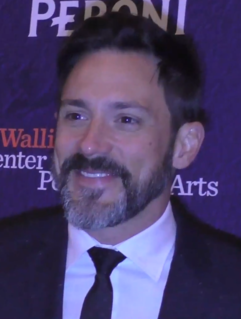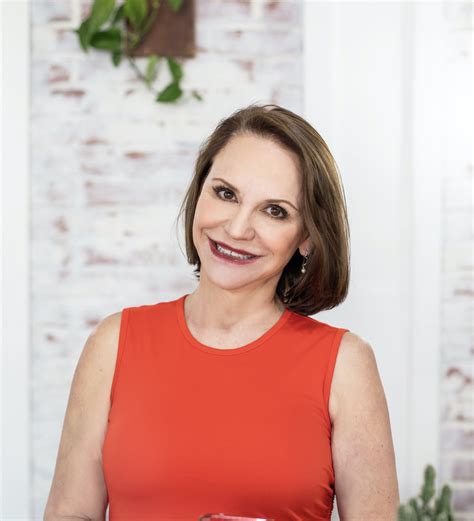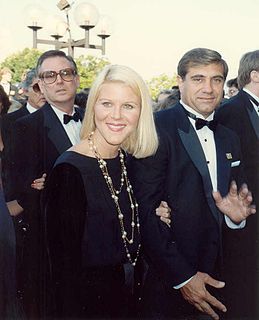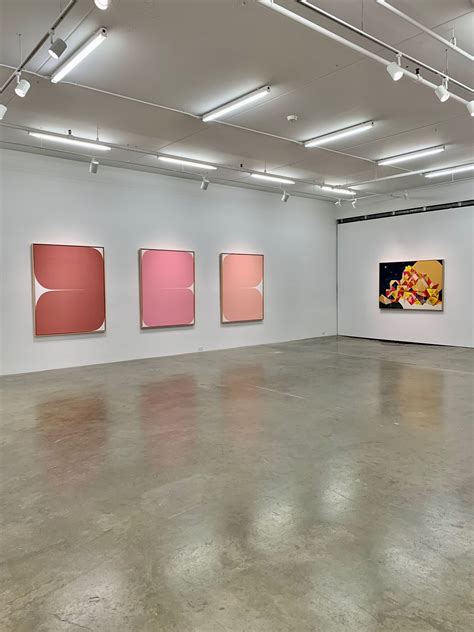A Quote by Zainab Salbi
I don't want to be someone in my sixties holding on to a group that I created when I was in my twenties.
Related Quotes
There is a lot of sixties-bashing going on these days that I don't agree with at all. I feel that extremely important ideals were brought to the forefront of the collective consciousness at that time. Granted, drug use was so pervasive that our generation did not as a group have the capacity to manifest our ideals to any great extent. But many of the people who were young in the sixties and who were most touched by that collective ethos are still touched.
I want to try with someone who loves me enough to try with me. I want to grow old looking at the same face every morning. I want to grow old looking at the same face every night at the dinner table. I want to be one of those old couples you see still holding hands and laughing after fifty years of marriage. That's what I want. I want to be someone's forever.
In the fifties, you have your beauty as a treat. I thought that until I hit the sixties.In your sixties, life decides to reward you with certain kinds of profound appreciation, so that people name their children and schools and libraries after you! And you still have your sexuality and your sensuality. If you want your sexuality, you still have it.





































